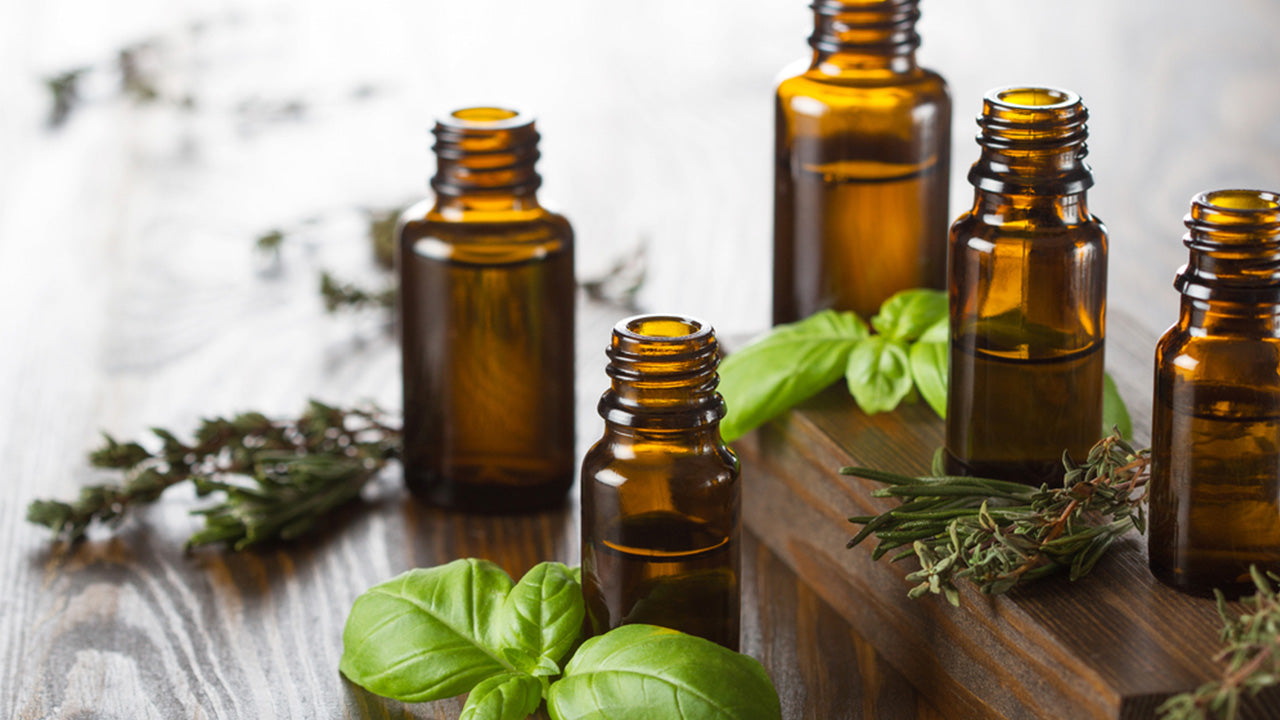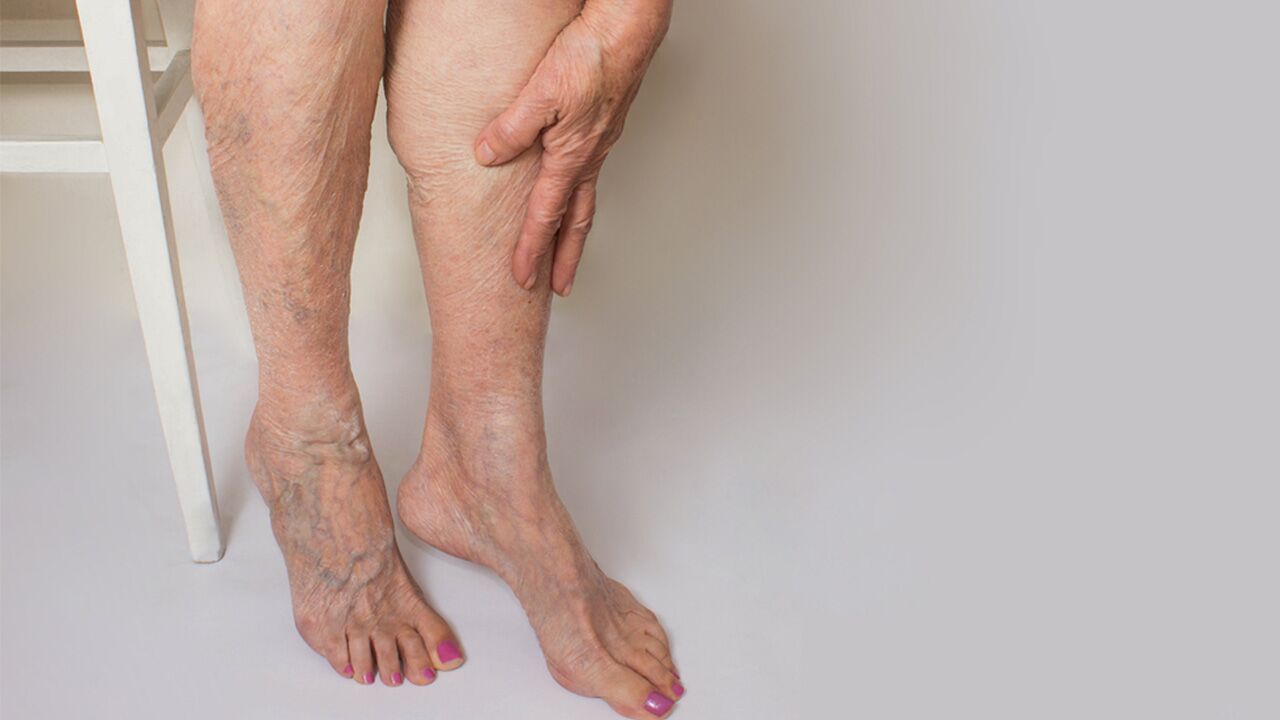Essential Oils for Fatty Liver Disease: 7 Natural Remedies to Support Healthy Liver Function
 By: by Amino Science
By: by Amino Science

Fatty liver disease is a chronic and potentially life-threatening condition that grows more pervasive with each passing year. In fact, an estimated quarter—that's 25%!—of the world's population is thought to currently be grappling with this chronic liver disease. But the good news is that fatty liver isn't inevitable. And treating and preventing the condition is often as simple as committing to a few simple lifestyle changes. But certain natural remedies may also have a role to play in supporting liver health. And in this article, we're going to discuss these remedies and uncover everything you need to know about essential oils for fatty liver disease.
What Is Fatty Liver Disease?
Of all the body's internal organs, the liver is by far the largest. And with more than 500 known functions, it's also one of the busiest. It's one of the body's main detoxifying organs (the others being the kidneys) and is responsible for processing the nutrients in the foods we eat.
It's also extremely tough and can rebuild itself even if only 25% of its cells are still functioning.
However, poor diet, sedentary lifestyle, and excessive alcohol use—or, more rarely, genetic abnormalities, viruses, or exposure to toxic substances—can affect the liver's ability to carry out its duties.
There are two main types of fatty liver disease:
- Alcoholic fatty liver disease
- Nonalcoholic fatty liver disease (NAFLD)
Alcoholic fatty liver disease, as the name suggests, is the result of years of excessive drinking.
By contrast, nonalcoholic fatty liver disease, or NAFLD—which affects as many as one third of all Americans—is seen in association with elevated blood sugar, blood pressure, and cholesterol as well as conditions such as insulin resistance, obesity, metabolic syndrome, and diabetes.
However, regardless of type, all forms of fatty liver disease share one thing in common: excess accumulation of liver fat.
As part of its role within the digestive system, the liver breaks down leftover proteins and carbohydrates into triglycerides. These fats are then either further broken down into fatty acids and glycerol for use by the body as energy or converted into fat for storage in the adipose tissue. And any surplus triglycerides are stored in the liver.
While it's normal for the liver to store a small amount of triglycerides, if liver function becomes compromised, so, too, does the metabolism of excess triglycerides. And if the liver begins to build up fat to the point where at least 5% to 10% of its volume has been replaced by triglycerides, fatty liver disease is the result.
Although it's possible that an individual can live an entire lifetime without ever knowing they have a fatty liver, the condition can also progress and cause inflammation, liver cell damage, scar tissue formation, cirrhosis, liver failure, and liver cancer.
Risk Factors and Symptoms
As mentioned, a number of factors put you at risk of developing fatty liver disease. These include:
| Heavy drinking | Poor diet |
| Insulin resistance | Metabolic syndrome |
| Obesity | Diabetes |
| Sedentary lifestyle | High blood pressure |
| Elevated cholesterol | Genetic abnormalities |
| Exposure to toxins | Viral infections |
What's more, the liver is such an efficient organ that you might not know you have excess liver fat until significant liver damage has occurred. However, if symptoms do appear, they may include:
- Weight loss
- Liver enlargement
- Loss of appetite
- Abdominal swelling
- Fatigue
- Itching
- Jaundice
- Nausea
- Dark-colored urine
Fortunately, even significant liver damage can be successfully treated and even reversed with the right therapy.
In addition to cutting back on alcohol intake, getting plenty of regular exercise, and switching to a diet that emphasizes fresh fruits, vegetables, healthy fats, and whole grains, a number of natural supplements, including vitamin E, milk thistle, green tea, turmeric, apple cider vinegar, dandelion root, and essential oils, can help support natural liver detox.
Since the purpose of this article is to discuss the potential benefits of essential oils for fatty liver, let's now turn our attention to some of the best essential oils for support and detoxification.

7 Essential Oils for Fatty Liver Disease
When it comes to fatty liver disease, several essential oils are particularly well known for their beneficial effects on liver health:
- Rosemary
- Ginger
- Fennel
- Geranium
- Chamomile
- Peppermint
- Lemon
1. Rosemary Essential Oil
Known for its antioxidant and anti-inflammatory properties, rosemary has been revered for thousands of years for its many health benefits.
In addition, recent studies have found that rosemary appears to support digestion by stimulating the release of bile.
For example, a study published in the Journal of Biomedical Science found that rosemary extract significantly reduces triglyceride, phospholipid, and cholesterol levels; decreases the damaging effects of oxidative stress; and assists with detoxification by increasing the production of phase I and II liver enzymes.
Similarly, a study published in the journal BMC Complementary and Alternative Medicine found that rosemary essential oil acts as a free radical scavenger—which helps guard the body from the negative effects of oxidative stress—and helps protect the liver via "activation of physiological defense mechanisms."
2. Ginger Essential Oil
Ginger is another spice that's been in use for thousands of years. With benefits for everything from sore muscles to menstrual cramps, ginger is a potent antioxidant that's known for its positive effects on the digestive system—including the liver.
In fact, studies have found that ginger essential oil has remarkable hepatoprotective properties and can provide significant protection against the effects of alcoholic and nonalcoholic fatty liver disease.
For example, a study published in the Journal of Agricultural and Food Chemistry found that ginger essential oil given to mice with alcoholic fatty liver disease reduced levels of metabolites associated with excessive alcohol consumption to normal levels.
And another study in the same journal found that obese mice fed a high-fat diet and supplemented with ginger essential oil experienced lower levels of free fatty acids, triglycerides, and total cholesterol along with decreased accumulation of liver fat. What's more, ginger essential oil increased liver antioxidant capacity and decreased oxidative stress—and the mice even lost weight!
3. Fennel Essential Oil
Like the use of rosemary and ginger, the use of fennel dates backs several thousand years. Another digestive herb, fennel has antioxidant and anti-inflammatory properties that may offer significant benefits for liver health.
In fact, studies have found that fennel protects the liver against the damaging effects of oxidative stress and may even be effective in the treatment and prevention of liver cancer.
For example, a rodent study published in the Saudi Journal of Biological Sciences found that fennel essential oil exhibits antioxidant, anti-inflammatory, and anti-cancer properties and can reduce the levels of liver enzymes associated with liver damage.
4. Geranium Essential Oil
Geranium essential oil is thought to stimulate the bile ducts and promote the liver's natural detoxification process. The oil has also been found in studies to possess antioxidant properties that make it particularly effective against diabetes-induced oxidative stress.
For example, a study published in the journal Lipids in Health and Disease showed that geranium essential oil taken twice a day for 4 weeks was more effective in reducing blood sugar levels in diabetics than the oral hypoglycemic drug glibenclamide.
What's more, antioxidant activity increased and signs of diabetes-induced oxidative stress significantly decreased.
This could make geranium essential oil quite beneficial for the liver, as diabetes is a known risk factor in the development of fatty liver disease.
5. Chamomile Essential Oil
Chamomile is another herb with a long history of use. While it's probably best known as a soothing herbal tea, it's also available as an essential oil.
Like geranium essential oil, chamomile oil exhibits potent antioxidant activity that may make it quite effective in protecting the body against diabetes-related oxidative stress.
For example, a review published in the journal Molecular Medicine Reports noted that chamomile exerts a protective effect against oxidative stress and also lowers blood sugar and increases stores of liver glycogen.
In addition, a study published in the journal Anais da Academia Brasileira de Ciências demonstrated that both chamomile essential oil and cumin essential oil are effective at protecting the liver against acetaminophen toxicity by decreasing liver enzyme elevations and increasing levels of glutathione, the body's master antioxidant.
6. Peppermint Essential Oil
Peppermint is a well-known herb with a long history of use for the treatment of digestive disorders. Peppermint oil and tea are both recognized as effective in the treatment of irritable bowel syndrome as a result of the herb's antispasmodic properties, which help eliminate cramps, bloating, and gas.
Studies looking at the effects of peppermint on liver health have found that the herb displays potent antioxidant properties that may protect against liver injury.
Studies have also found that peppermint essential oil can help prevent lipid peroxidation—a process in which lipids interact with free radicals and degrade, causing damage to cells—and thereby potentially halt the development of liver fibrosis.
For example, a study published in the journal Lipids in Health and Disease demonstrated that peppermint essential oil helps protect the liver against oxidative damage by increasing levels of antioxidant liver enzymes. The oil was also found to have a significant impact on both lipid peroxidation and the development of liver lesions.
In addition, a rodent study published in the Journal of Digestive Diseases found that peppermint essential oil helps reduce levels of cholesterol by stimulating the release of bile and bile acids.
7. Lemon Essential Oil
Like other citrus fruits, lemons are a powerhouse of nutrition. And their peels, from which the essential oil is made, are especially rich in beneficial phytonutrients.
As you've no doubt guessed, the antioxidant power of these plant chemicals offers a variety of benefits, and the protective effects of lemon on the liver have been well documented in multiple studies.
For example, a study published in the journal BioMed Research International found that lemon juice supplementation in mice with alcohol-induced liver injury resulted in significant reductions in lipid peroxidation as well as levels of liver enzymes associated with liver damage.
Similarly, a study published in the journal Prikladnaia Biokhimiia i Mikrobiologiia found that lemon essential oil was effective at reducing lipid peroxidation and increasing antioxidant activity in the liver.

Amino Acids for Fatty Liver Disease
If you're treating or seeking to prevent fatty liver disease, you may also want to think about adding additional amino acids to your supplement regimen.
Why?
Known as the building blocks of protein, amino acids play an integral part in almost every biochemical process in the body.
This includes liver function.
What's more, even though each of us requires a balanced supply of all the essential amino acids for optimal health, numerous studies have demonstrated the benefits of several specific amino acids in the maintenance of liver health.
For example, a study published in the journal Nutrition Research found that the branched-chain amino acids (BCAAs)—leucine, isoleucine, and valine—help reduce liver cell death, scar tissue formation, and progression of chronic liver disease.
Likewise, a study published in the journal Amino Acids demonstrated that the amino acid taurine is effective at reducing both fatty acid accumulation and oxidative stress.
In addition, N-acetylcysteine (NAC)—the supplemental form of the amino acid cysteine—is widely recognized for its ability to replenish liver levels of glutathione, the body's master antioxidant. In fact, it's this very property that makes NAC so useful in the treatment of acetaminophen overdose.
Finally, a compound known as S-adenosylmethionine (SAMe)—a combination of adenosine triphosphate (ATP) and the amino acid methionine—has also been found in studies to offer liver protection via its ability to reduce fat accumulation, liver enzyme levels, and scar tissue formation.
Building off years of research from NASA and the National Institutes of Health, Amino Co scientists have patented the exact blend of amino acids in the precise ratios needed to support healthy liver function. This unique amino acid supplement can only be found here.
How to Use Essential Oils for Fatty Liver Disease
One of the great things about aromatherapy in the treatment and prevention of fatty liver disease is that it's extremely versatile and customizable. Which means, whether you prefer to apply essential oils directly to the skin or warm them in a diffuser, the concentrated power of essential oils will work to support liver health.
Essential oils can also be used alone or in combination with other oils to enhance their effectiveness. And you can increase their benefit by monitoring your response to each oil.
For example, you'll most likely notice that you respond particularly favorably to the scent of some essential oils but not others. While that's not necessarily a reason to give up on an oil, it can help guide you to the oils that may work best for you.
However, when using essential oils for liver support, it's important to keep in mind that these are extremely potent plant extracts and should thus be treated with the respect you'd give any medicine.
So, when applying oils directly to the skin for the first time, be sure to perform a patch test and dilute in a suitable carrier oil, such as neem, almond, or coconut oil.
Also keep in mind that the concentrated nature of essential oils means that a little goes a long way. So one or two drops of each oil added to an aromatherapy diffuser or carrier oil is all you need.
In addition, it's important to remember that it takes a lot of plant material to produce essential oils, so be wary of manufacturers selling cheap oils. Instead, check out the reputation of the seller before making a purchase.
Know also that there are literally dozens of essential oils and essential oil blends—too many to list here—and many of them offer benefits for liver health. So don't think you have to limit yourself to the essential oils discussed here.
Other essential oils you may want to try include:
- Grapefruit
- Helichrysum
- Frankincense
- Eucalyptus
- Clove
- Myrrh
- Coriander
And don't be afraid to experiment. One of the great things about essential oils is that they're extremely versatile, and what works for one person may not work for another. So investigate the properties of each, create your own blends, and see what works best for you.
With documented benefits and centuries of use, essential oils help support your overall health and well-being. And, when combined with a healthy diet, appropriate supplements, and regular exercise, they can make an especially powerful ally in the fight against fatty liver disease.

Up to 25% off Amino
Shop NowTAGS: conditions liver natural cures
Join the Community
Comments (0)
Most Craveable Recipes




 833-264-6620
833-264-6620



















